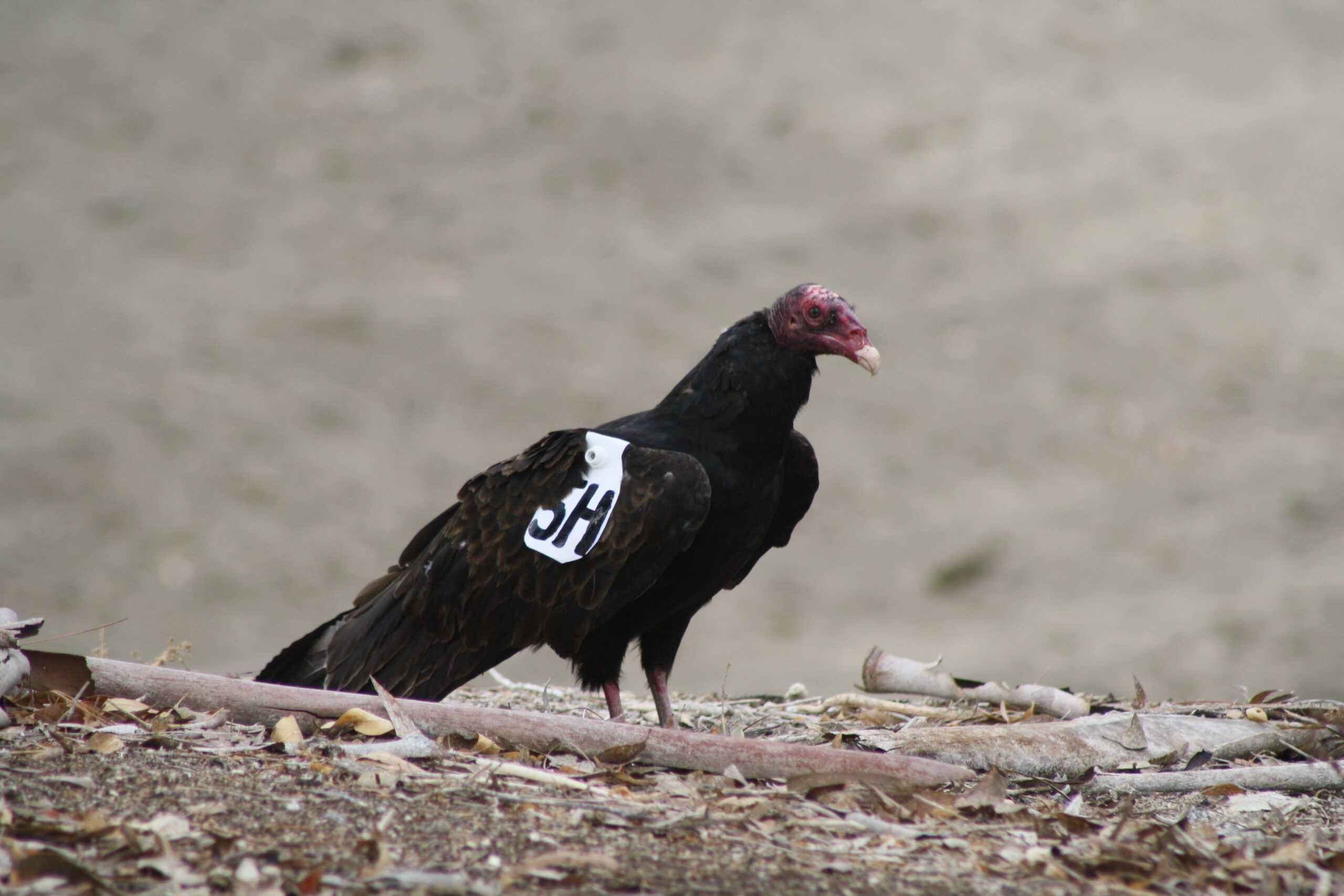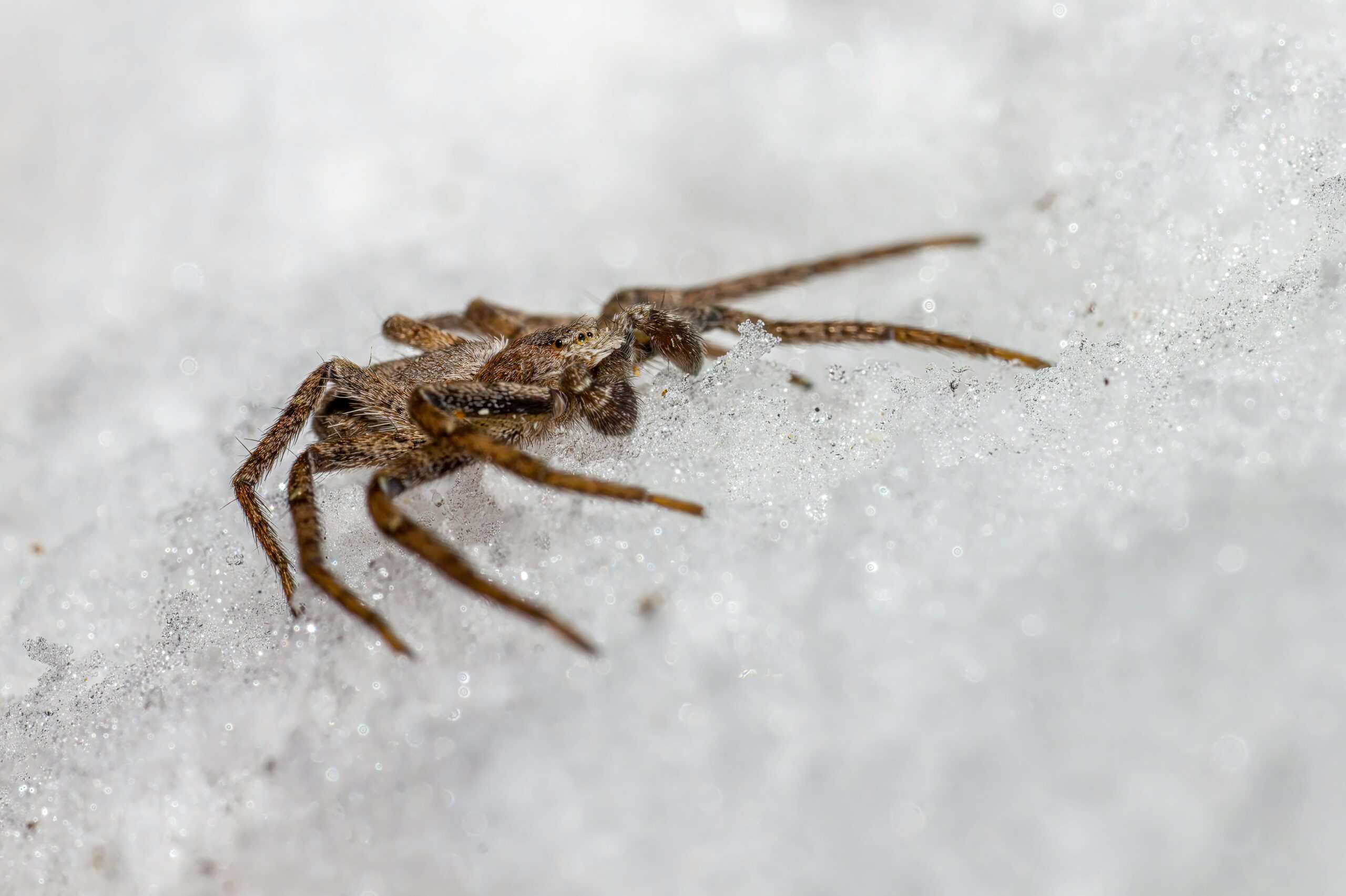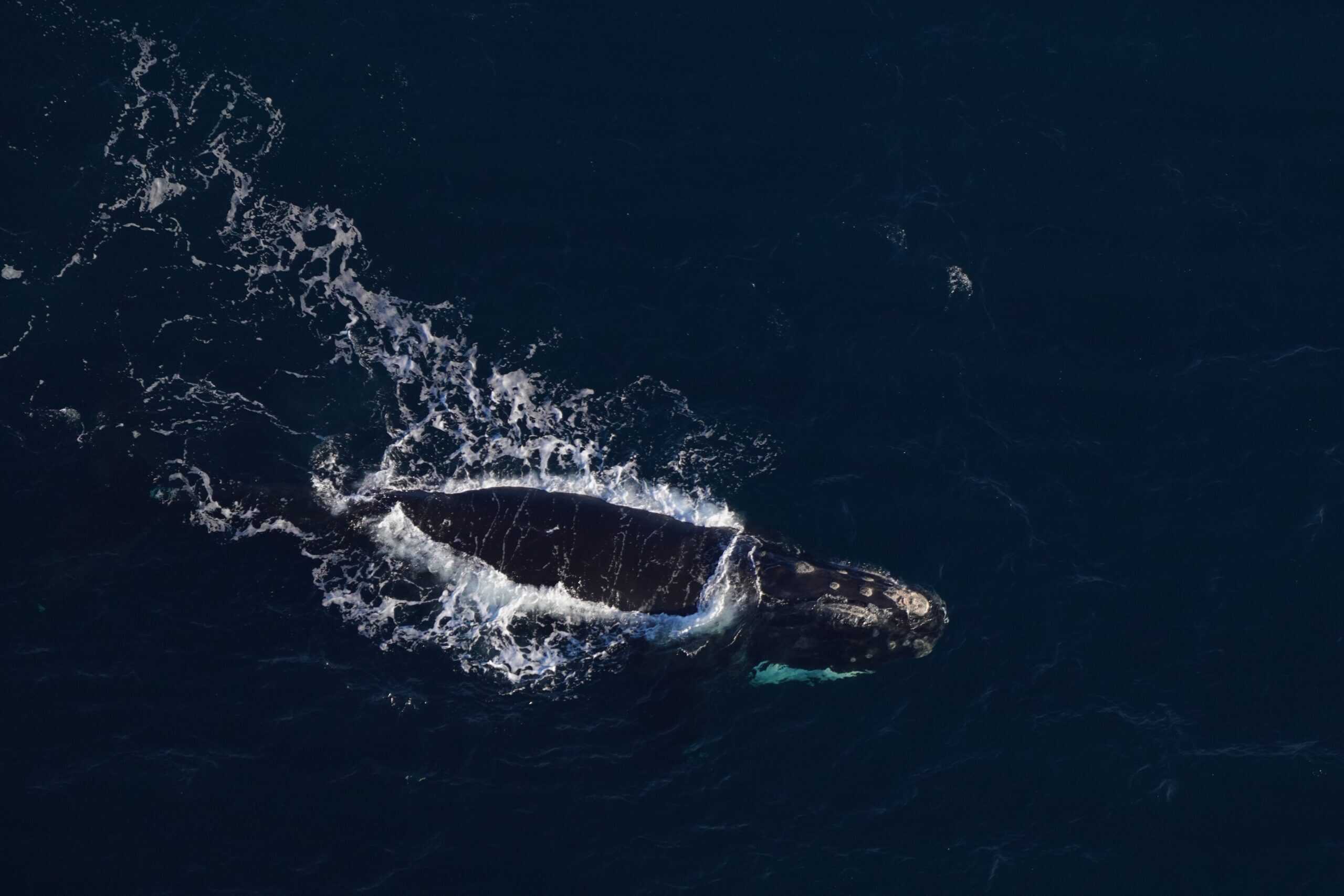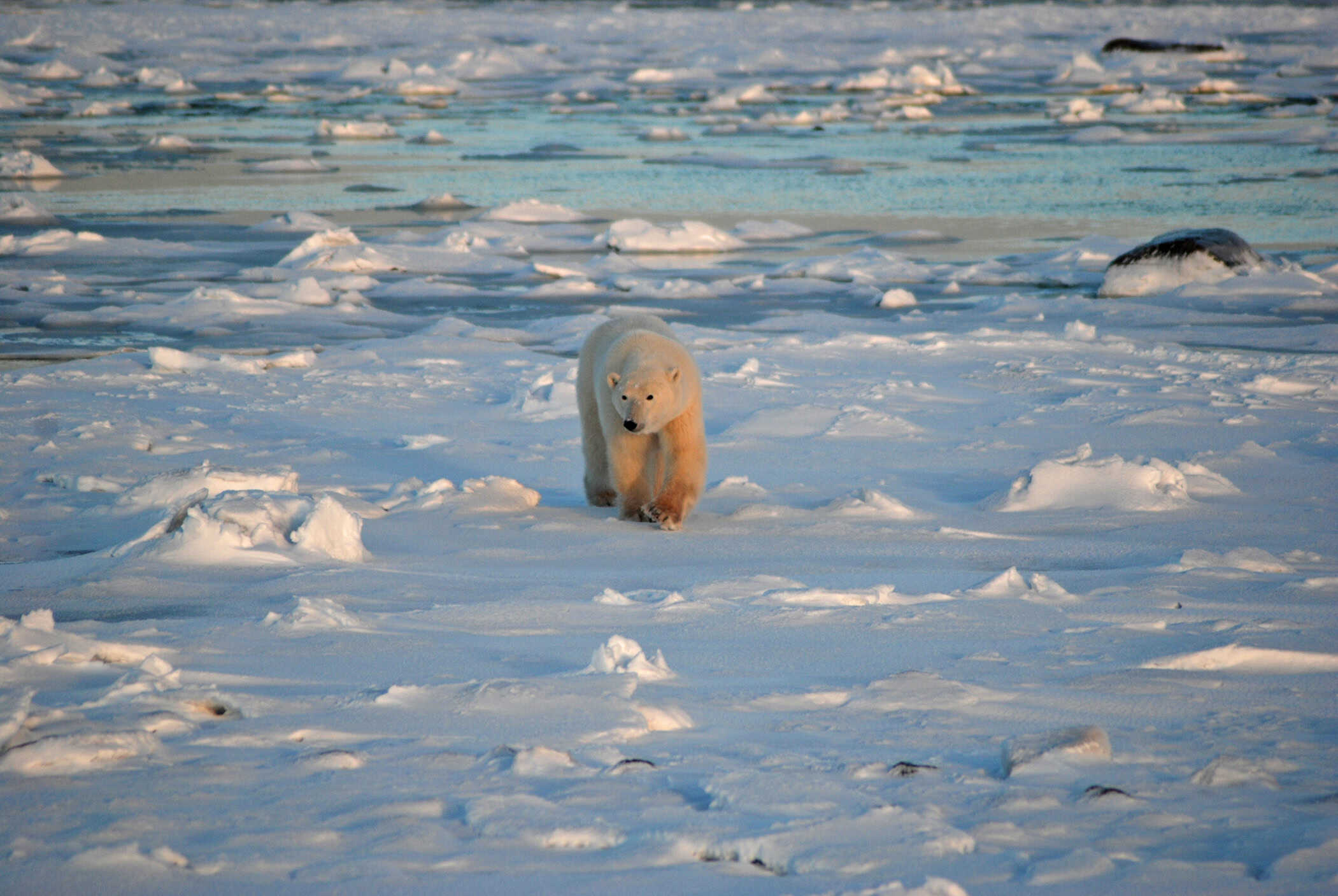Share this article
Wildlife Featured in this article
- Turkey vultures
Rodenticides found in turkey vultures despite bans
Researchers found anticoagulant rodenticides in 11% of the vultures they tested
Although California recently banned the use of anticoagulant rodenticides, turkey vultures in the state still have evidence of exposure to the chemicals in their bodies. Researchers studied the vultures’ exposure to eight different types of rodenticide in southern California from 2016 to 2021. The team found 11% of the birds they studied were exposed to anticoagulant rodenticides. “The presence of rodenticides in the blood of a few individuals is just the tip of the iceberg and demonstrates that these compounds are still out there,” said Miguel Saggese, a faculty member at the College of Veterinary Medicine at Western University of Health Sciences and an author of a recent study on the turkey vultures (Cathartes aura). Saggese and his colleagues said that these findings may mean that other more vulnerable raptor species like burrowing owls (Athene cunicularia), white-tailed kites (Elanus leucurus) and California condors (Gymnogyps californianus) could potentially be exposed.
Header Image: Researchers tagged turkey vultures and tested their blood to determine exposure to anticoagulant rodenticide. Credit: Miguel D. Sagges








